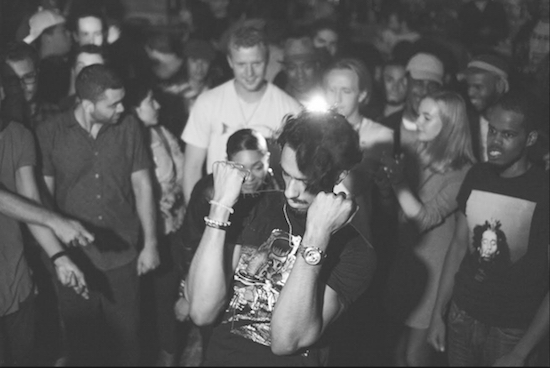City Council overwhelmingly votes to repeal NYC’s ‘racist’ Cabaret Law

The repeal of the Cabaret Law is part of a broader agenda to address cultural, social and quality-of-life issues in New York’s City’s nightlife scene. Photo by Mark Col
Strap on those dancing shoes.
On Tuesday, the New York City Council voted to repeal the notorious Cabaret Law.

Brooklyn Boro
View MoreNew York City’s most populous borough, Brooklyn, is home to nearly 2.6 million residents. If Brooklyn were an independent city it would be the fourth largest city in the United States. While Brooklyn has become the epitome of ‘cool and hip’ in recent years, for those that were born here, raised families here and improved communities over the years, Brooklyn has never been ‘uncool’.